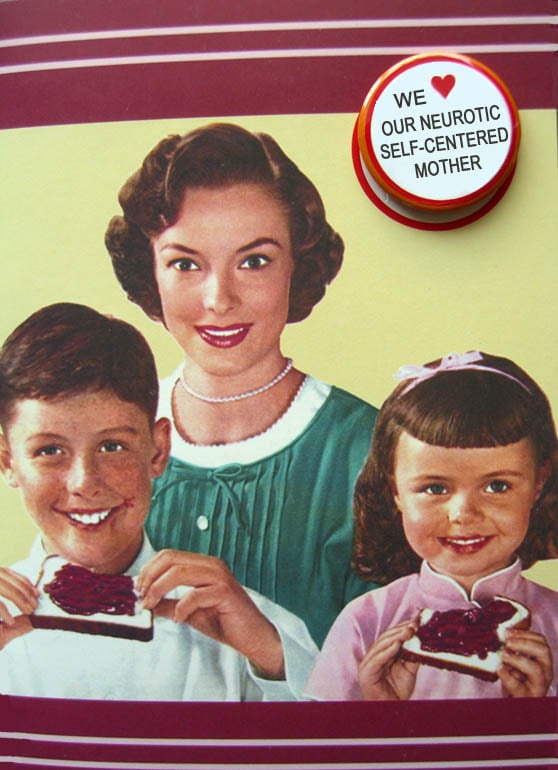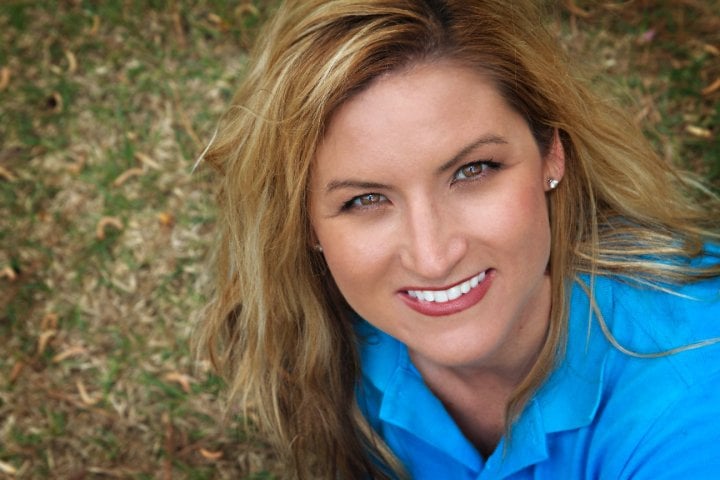 The class assignment was to write a personal essay. Teachers understand such assignments are a risk. No telling what students will write about when their starting point is a coming-of-age place.
The class assignment was to write a personal essay. Teachers understand such assignments are a risk. No telling what students will write about when their starting point is a coming-of-age place.
Some write of their parents divorce.
Some write about their own broken romances.
It is not uncommon to get essays about bullying, rejection and the overall isolation a student can feel in high school.
She wrote about the way her daddy talked to her.
Called her a c–t whenever he was angry or frustrated with her, which seemed to happen a lot.
The hardest thing she’s ever had to do is to build a sense of self-worth while growing up in a home where her daddy felt it was perfectly okay to refer to her in such a demeaning fashion.
The really bad words we use here in this country almost always are gender-biased. You are a M**** F*****. A C***. A P***Y. A B****H. Or a Son of a B****C.
The only bad words we have for men is fucker or fuck you.
This sort of language has become so commonplace that I have literally received thousands of emails and Twitter messages this week, many by Christians, telling me how plainly stupid I am for thinking Go the F*** To Sleep is an offensive book and that I have absolutely no sense of humor.
Very few of the thousands of statements made were reasoned arguments. Most came couched in verbal assaults, almost all of them gender-biased — the C-word being a particular favorite among the rabid fans of Mansbach and his vulgarity-laced book.
I could have written 25 opeds about child abuse and never received the sort of response to those essays that I did to the article criticizing Go the F*** to Sleep.
It appears that here in America we take our right to humor more seriously than we do the right for a child to live in a safe environment.
A couple of years ago, the New York Times ran a piece about how shouting is the new form of spanking: Parental yelling today may be partly a releasing of stress for multitasking, overachieving adults, parenting experts say. “Yelling is done when parents feel irritable and anxious,” said Harold S. Koplewicz, the founder of the New York University Child Study Center. “It can be as simple as ‘I’m overwhelmed, I’m running late for work, I had a fight with my wife, I have a project due — and my son left his homework upstairs.’ ”
In other words, today’s parents are often stressed out. And, as they have made abundantly clear through their words this week, when angered, they think nothing of cussing.
More than one person has said that they think saying F*** doesn’t have the weight that it did during my child-rearing days. It’s just a word. It doesn’t literally mean to procreate or to perform a sex act.
Although, I’d like to point out that I was repeatedly told to go do just that by the audience who thinks the F-word has no meaning.
The assumption that the problem I had with Mansbach’s book can be summed up by the use of the F-word is just plain wrong.
I didn’t like the book at all because I think it is mean-spirited parody done poorly and packaged with eye-candy appeal that children of any age would be hard-pressed to resist.
 Perhaps Mansbach and his friends are fortunate to enough to live in a bubble where parents who cuss among themselves with abandon can then flip a switch and in front of their children speak in only the most rationale, civil, polite and respectful ways. But I find that most people who use abusive language as a daily practice are then unable to speak to children in a manner that honors those children, and doesn’t demean them.
Perhaps Mansbach and his friends are fortunate to enough to live in a bubble where parents who cuss among themselves with abandon can then flip a switch and in front of their children speak in only the most rationale, civil, polite and respectful ways. But I find that most people who use abusive language as a daily practice are then unable to speak to children in a manner that honors those children, and doesn’t demean them.
I have a difficult time believing otherwise, given the scores of examples I received this past week of the coarse language they employ when somebody disagrees with them or challenges them. I would bet my last Yankee-Dime that the bulk of those writing to cuss at me have used those very words when speaking to their spouses, partners, and children.
Words are important.
And so are their meanings.
Which is exactly why those who were angry over the oped I wrote felt the need to use abusive language.
To say that F-word has little meaning is to be disingenuous about why these same people resort to it whenever they are trying to verbally attack others.
But to be clear, it was not simply the F-word that sparked me to write the oped. It was the entire tone of Mansbach’s book and the placement of the words he used. As a writer, Mansbach understands the power of words and the importance of sentence-structure and phraseology. He can claim the book is a parody all he wants but here are some of the lines I find particularly disturbing:
– I know you are not thirsty. That’s bullshit. Quit lying. Lie the fuck down, my darling, and sleep.
-It’s been thirty-eight minutes already, Jesus Christ, what the fuck? Go to sleep.
– Hell no, you can’ t to the bathroom. You know where you can go? The fuck to sleep.
– A hot crimson rage fills my heart, love. For real, shut the fuck up and sleep.
These lines follow each other like drumbeats on a page. The anger is building. A parent at their wits end. A child intent on not sleeping. A parent intent on forcing the child to sleep.
I raised four children, including a set of twins. Out of those four children, one slept. The other three did not. The only way my son would sleep is if I picked him up and rocked him to sleep, which I did until he was three-years old. The twins would only sleep if I nursed them, which I did until they were 16-months old.
But of all my parenting challenges, bedtime was the least of my worries. Seriously. I want to say to all these people who  bought Mansbach’s book in swarms because they thought it so funny, that if you think putting a child to bed is your biggest parental challenge, you ain’t seen nothing yet.
bought Mansbach’s book in swarms because they thought it so funny, that if you think putting a child to bed is your biggest parental challenge, you ain’t seen nothing yet.
You need to grow the cuss up.
You don’t have a clue.
And those of you who wrote me all that rage-filled mail, you should take a day and go spend it at your local courthouse, sit in on a child abuse case of shaken baby syndrome. Or volunteer at a local domestic violence shelter. Or check out the movie Precious and watch it.
Or maybe you should just go to your local school and volunteer. Listen to the stories children tell about the way their parents speak to them.
Get outside your insulated bubble and understand the very thing I wrote about in the oped — that for far too many children Mansbach’s book reflects their daily lives.
And the next time you want to make the argument that words don’t mean anything, remember the high school girl whose daddy called her a c–t.
I can assure you he didn’t mean it as a term of endearment.











